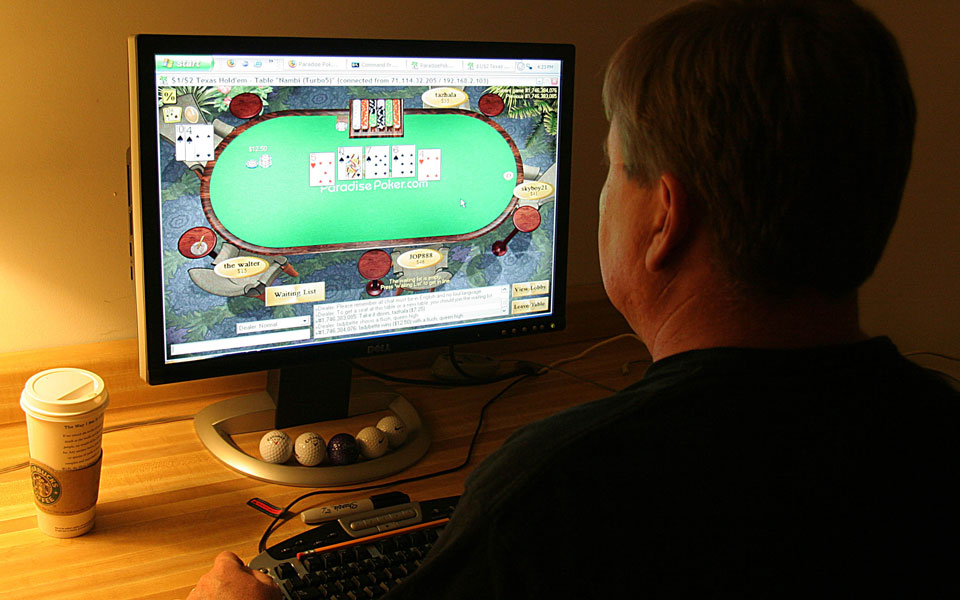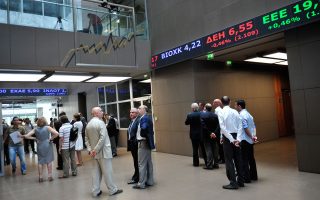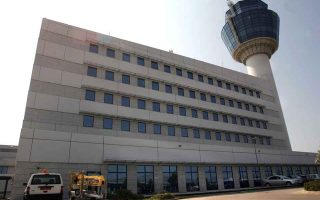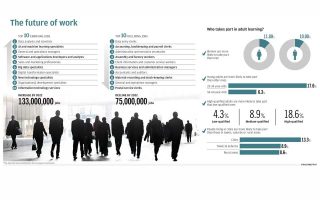Two barriers for online gaming providers

The Greek government is planning to liberalize the domestic online gaming market using the model employed by France and Italy.
Although the omnibus bill currently being debated appears to give away licenses with ease, thanks to the open licensing system chosen, in practice the government is setting the bar particularly high for those wishing to obtain an online gaming services permit. The two main factors are the high cost of securing a license and the high tax imposed on revenues from games of chance.
Those two barriers are used by countries that wish to keep punters away from online gaming. France, for instance, may have a low initial cost for licenses, but the country has high taxes, with the online market accounting for just 11 percent of total gross gaming revenues in the country. Taxes are low in Italy but returns for punters are not at all attractive, which serves as a deterrent.
The government’s proposals are for a licensing cost of between 2 and 5 million euros for a seven-year period. The proposed taxation equates online service providers with OPAP, imposing a rate of 35 percent on gross gaming revenues, which would be Europe’s second highest after France.





